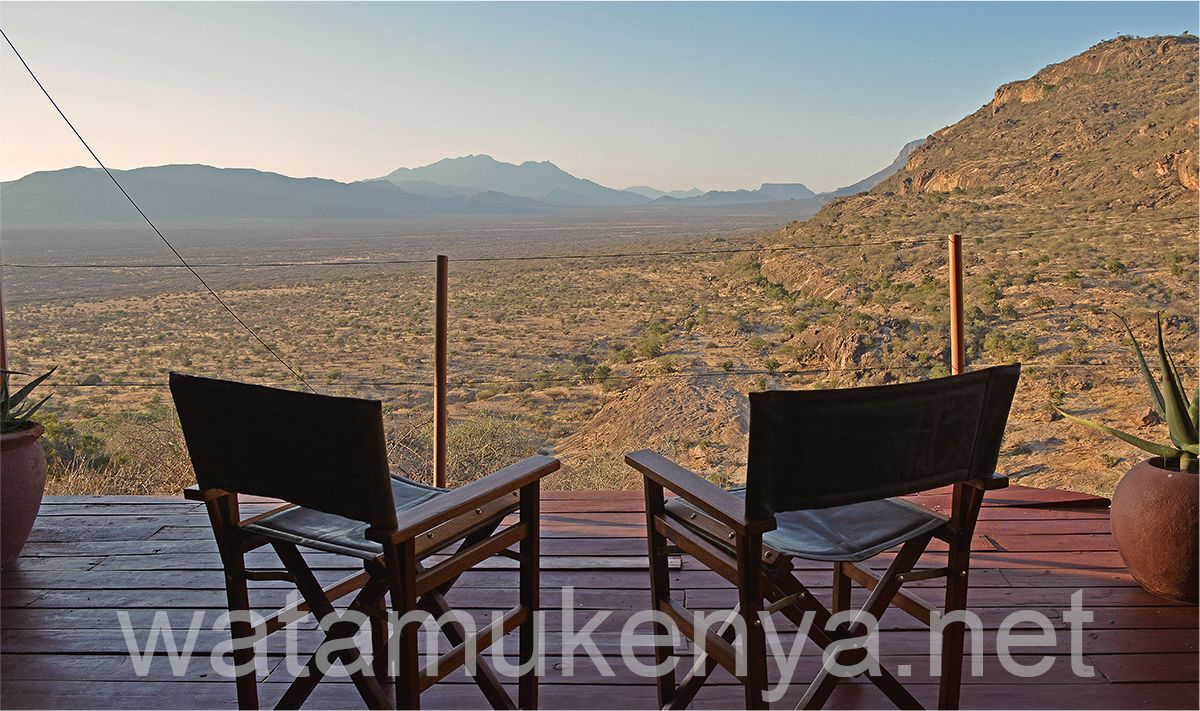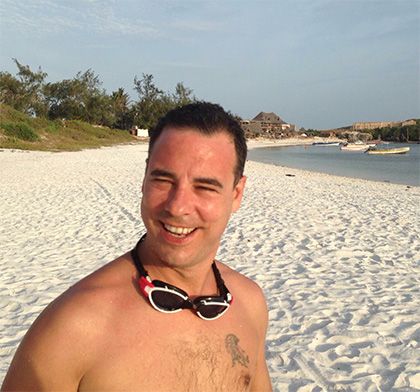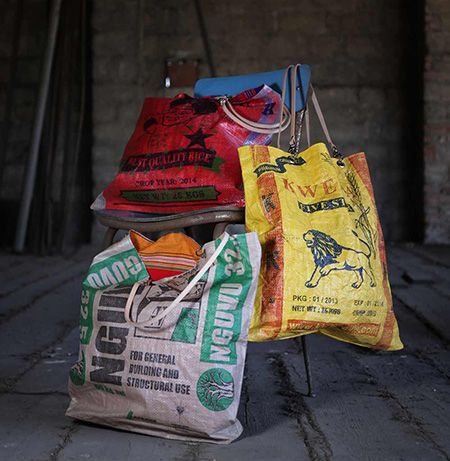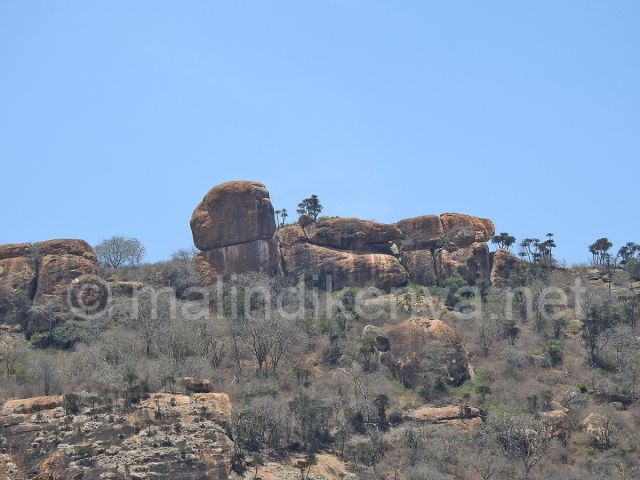
MAL D'AFRIQUE
07-09-2020 di Giorgio Ferro

Watamukenya.net remembers one of the Italians who best told about the love for this country and its contradictions.
As an assiduous internet browser I have read correspondence from several hundred people who have visited Kenya.
Approximately 80% of them say they have been affected by the "Sick of Africa".
This condition is not a tropical physical disease such as malaria or yellow fever.
Instead, it is an incurable mental "disease" acquired by almost all Europeans living in Africa. Those at risk include all categories of the so-called colonisers: explorers, adventurers, miners, military personnel, officials, missionaries, hunters, fallen nobles, political outcasts, sexual perverts, paedophiles and others who do not believe in the monogamy of life.
The first symptoms can be felt immediately after crossing the Mediterranean.
As soon as you set foot on the black continent, you feel enveloped by an exhilarating atmosphere. The impact of the soap climate, the vision of different lands and vegetation, the aromas of the spices that pervade the streets and markets, the first contacts with "primitive" people and customs, the apparent attitude of submission of the natives towards the white "master", especially if in uniform or money (bwana shilingii mingi) provoke a strong desire for detachment from the rules and traditions of the "civil" country of origin.
In the Anglo-Saxon environment it was in vogue to throw the Bible into the sea as soon as they crossed the Suez Canal.
Some missionaries, fascinated by the "Black Continent", did not throw the Bible into the sea, but only the cassock.
The legend of the Roman "lost legion", sent to discover the sources of the Nile, and never returned, suggests that those legionaries were also victims of that evil, as well as malaria, yellow fever and all the rest.
Kenya, as soon as it was opened to colonization, immediately proved to be a territory infected by this pathology. Among the most seriously suffering were the black sheep of the British aristocracy, with a pinch of rich depraved Americans, who gave life to the famous "Happy Valley" gang lined up in what is now called the Nyandarwa district along the "Wanjoi Valley around Kipipiri. These aristocrats had been "exiled" to Kenya by their families with sufficient prerogative, allowing them to lead a life of constant revelry as long as they stayed away from their homeland.
Where do you get this "disease"? Everywhere. In my case I came across the quadrilateral between the towns of Nyeri, T. Falls, Rumuruti and Nanyuki riding the Equator at over 2000 metres above sea level. This area has panoramic views of paradise on earth. To the East the massif of Mount Kenya, which rises from the plain in splendid solitude, to the West the Alberdare mountain range, and to the North the immense flat plateau of Laikipia which extends as far as Lake Rudolph. A region particularly at risk for compatriots is the coastal region from the south of Mombasa to the north of Malindi.
From all these places emanate almost irresistible attractions for the white man coming down from the icy North, or coming from the urban conurbations of the so called civilized villages. Here you can breathe the pure air (except now in Nairobi), the atmosphere of the primitive nature that includes black people, wild animals, dense forests, endless moors and the generally mild climate all year round.
For the "coastal" people the attraction of the Indian Ocean, with its abundance of deep-sea fish, the natives generally "friendly", the standard of living commonly "cheerful" is more than enough to justify and accept the "suffering" of the "Mal d'Africa".
That this "pathology" is pleasantly accepted is witnessed, among many others, by Aidan Hartely, correspondent from Laikipia of the English magazine The Spectator, who recently commented with the title of an article "More Than Heaven" on life on the homonymous plateau. At the time of the colony the question was in vogue: <<Are you married or living in Kenya? >>
In my youth a teacher of mine, a former missionary from Africa, used to tell us every now and then: << Africa, either you burn it or it burns you >> Unfortunately this "enjoyable" disease was burning for many Europeans (and countrymen) including the above mentioned missionary, who was repatriated by the religious authorities in his tattered cassock. The majority of the "sick" who can't bear it belong to a category that the English call "innocent abroad".
Not only do they have their trousers torn to shreds, but also their wallets are shredded by the "tropical mermaids", followers of African philosophy who say: <<Love is a luxury of rich people that we cannot afford. For us it is enough to "eat" >> ( Kula mali ya muzungu) Have a good convalescence at all!
PRODUCTS
di redazione

Richly owned, Ginger (Zingiber officinale Roscoe), also known by the English name Ginger, is a perennial herbaceous plant, about 90cm high and belonging to the Zingiberaceae family...
MAL D'AFRIQUE
di Leon Mufasa

My mal d'Afrique is dedicated to those who have never been in Africa.

Cardamom is a spice known since the times of the Greeks and Romans, who used it to produce perfumes, and is currently known as the third most expensive spice in the world after saffron and vanilla.
The one available on...
PERSONAGGI
di redazione

There are at least two ways to do the travel agent work: one is to, serious and professional mind you, to indicate to the second of the demands of a holiday destination, showing brochures and searching facilities, special offers, value...
CURIOSITY
di redazione

Virgola is one of the most well-known and important Italian brands in the hairdressing arena and its historical founder and owner Rinaldo Rampon is a love of Kenya.
For years he has watched Watamu and his beaches, but not only.
PRODUCTS
di redazione

Kenya is increasingly the ideal environment for tamarind, present on the Swahili coast since it was brought and planted from India a thousand years ago.
Tamarindus Indica is a majestic, long-lived evergreen belonging to the leguminous family.

Karen Dinesen Blixen lived in Kenya from 1914 to 1931.
She came there from the icy Denmark with her husband, baron Von Blixen, to buy a plot on the hills Ngong, near Nairobi, and build then a farm.
Rather being...
TOURISM
di redazione

With a high tourist season sealed by hundreds of Italian presences, especially in the most sought-after resorts on the Kenyan coast, from Watamu to Diani, from Kilifi to...
STORIES
di redazione

The great American writer Ernest Hemingway was almost 35 years old, when he saw Kenya for the first time.
He, a great vivour and passionate of strong emotions, a hunter of women and animals, had long been fond of deep-sea...
PLACES
di redazione

They say that where there are red rocks there is the smell of iron and the stench of sulphur.
And where it smells like sulphur, there is Shetani, the devil.